Remote Japanese concept store celebrates the future of craft
Les Six, a new concept store in South Japan, sells crafted wares for a new world
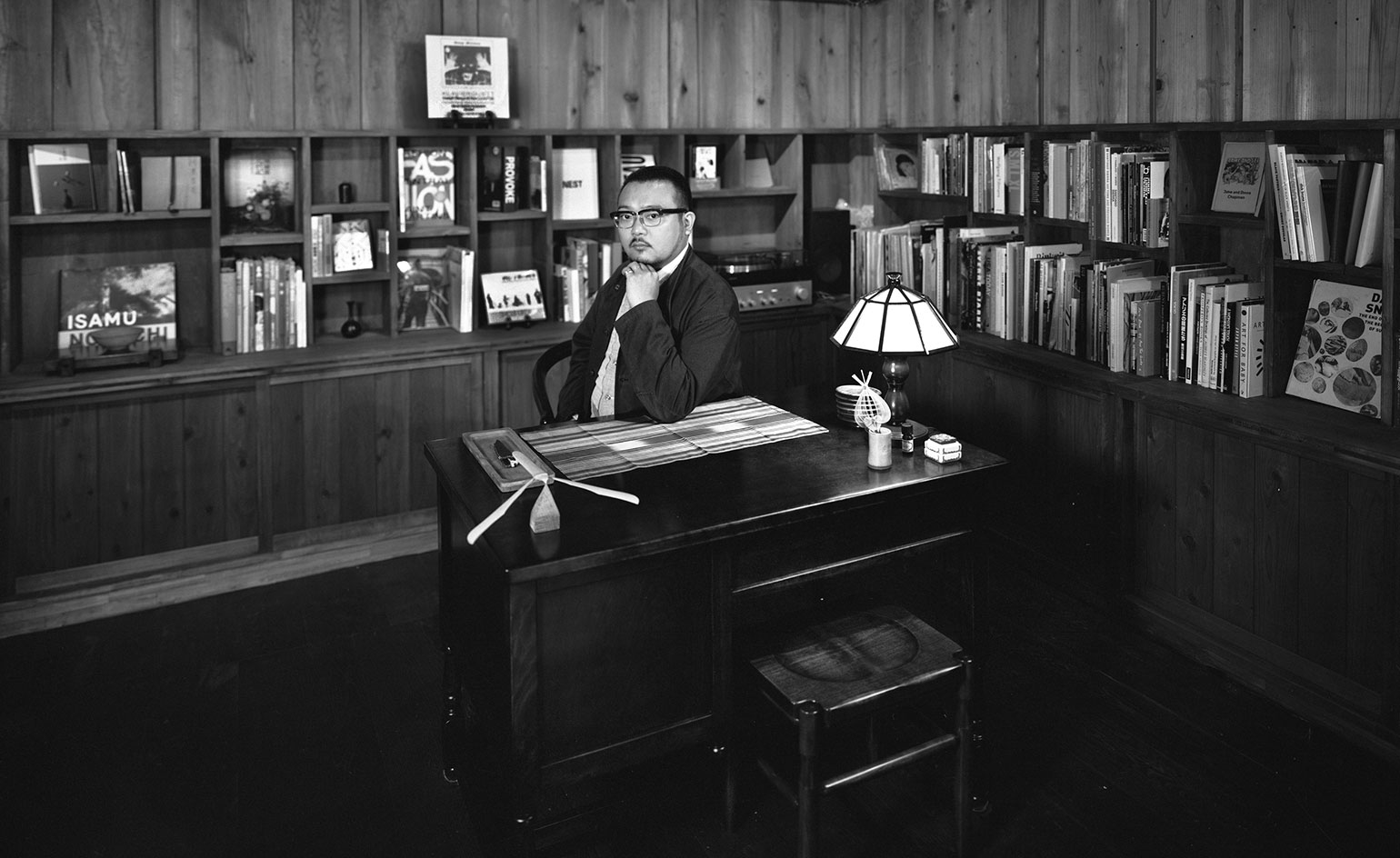
Yoshimi Ikemoto - Photography
A rare bricks-and-mortar retail launch in an era of online shopping, Les Six, located in Tottori Prefecture, in south-west Japan, is the latest brainchild of fashion designer Ryohei Kawanishi, who we featured in our story on Moma's ‘Are Clothes Modern?' show in the October 2017 issue of Wallpaper* (W*223). It is housed in twin Taisho-era warehouses: one offers limited-edition menswear items and unisex jewellery, under the Les Six label, and restored Mingei furniture and lighting by Shoya Yoshida, a champion of the folk craft movement; the other features a library stocked with art books and magazines from Kawanishi’s personal collection.
It is a concept store harbouring an open workshop, where the designer sometimes invites local grandmothers to choose buttons for a garment. The designer rejects the industrialised term ‘lifestyle’ and instead explains that his new creative hub is grounded in the art of i-shoku-ju, an ancestral Japanese term for ‘wear-live-eat’.
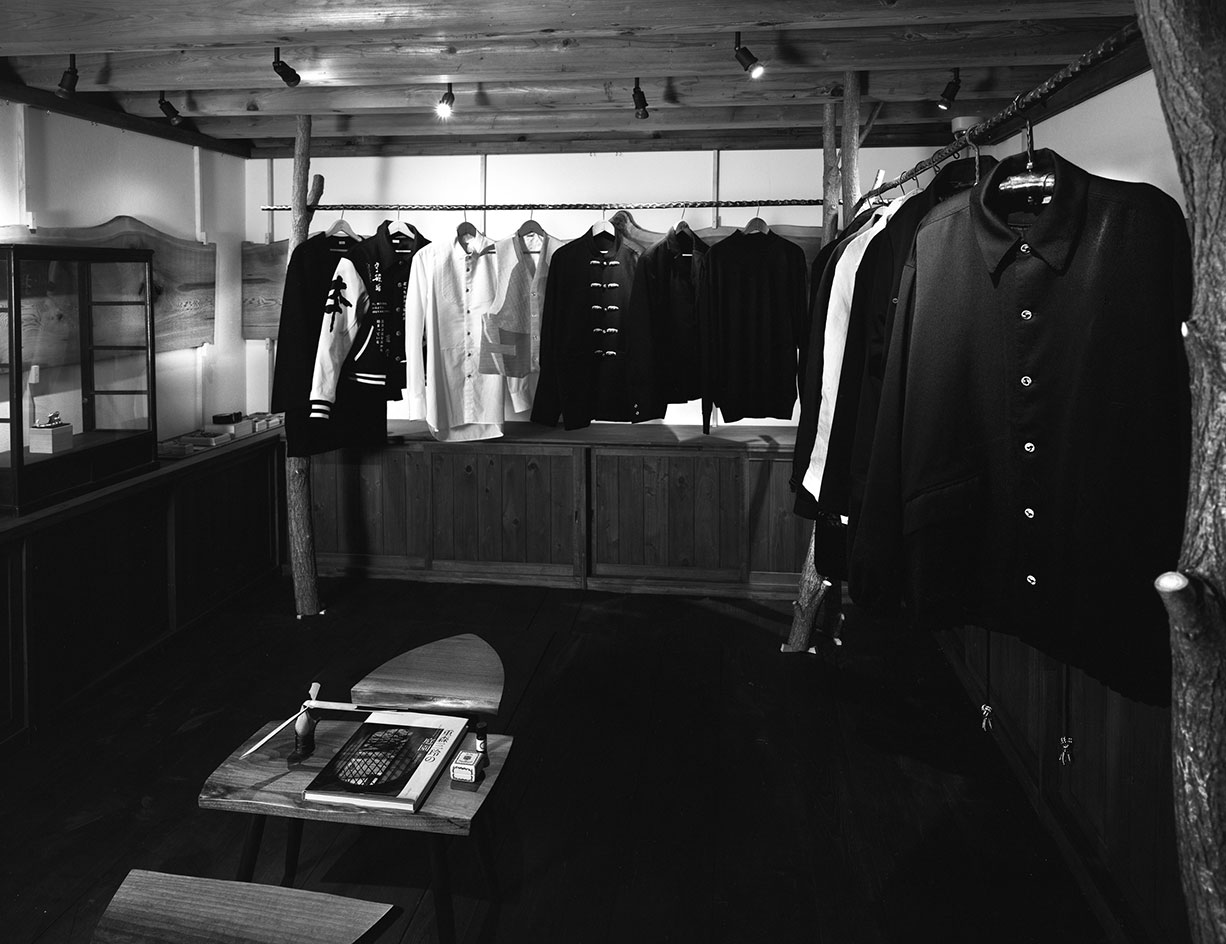
Les Six’s stock is displayed on hand-forged iron rails and hangers, alongside a small table and stools by George Nakashima
Kawanishi, an alumnus of Central Saint Martins and Parsons School of Design, is known for imbuing his personal label with sociological commentary, as showcased at institutions such as MoMA (see W*223) and the Museum of Arts and Design in New York. He was also creative director of New York streetwear label Landlord, which he quit in the midst of the Covid-19 pandemic in pursuit of greater creative freedom (the brand had cash flow issues, and Kawanishi’s visa was running out)’.
This experience prompted a return to his roots, both geographically and culturally. ‘Fifteen years of living abroad has brought me a clear vision of where I am from, and where I want to go,’ he says.
After years surrounded by art and fashion people, I'm now learning something else
Ryohei Kawanishi
Reinstalled in Japan, and with renewed purpose, Kawanishi devoted himself to Les Six, a collective of designers and craftsmen he’d co-founded in 2017. ‘It does not mean that we are six people. My inspiration was Le Groupe des Six, a musical movement from the late 1910s and early 1920s helmed by my hero, Jean Cocteau, a cross-disciplinary artist and fellow hybrid creative director.’
Though not a major tourist destination in Japan, Tottori is known for its sand dunes, an otherworldly landscape that stretches out along the Sea of Japan. The spectacular dunes were the backdrop for the black-and-white photographs of Shoji Ueda, who lived in Tottori. ‘He was internationally acknowledged for his exquisite sense of composition. I love his minimalist and surrealist images.’ Among Ueda’s disciples is Yoshimi Ikemoto, his assistant of 20 years, who continues to work in Tottori and whom Kawanishi tapped to shoot the photographs on these pages.
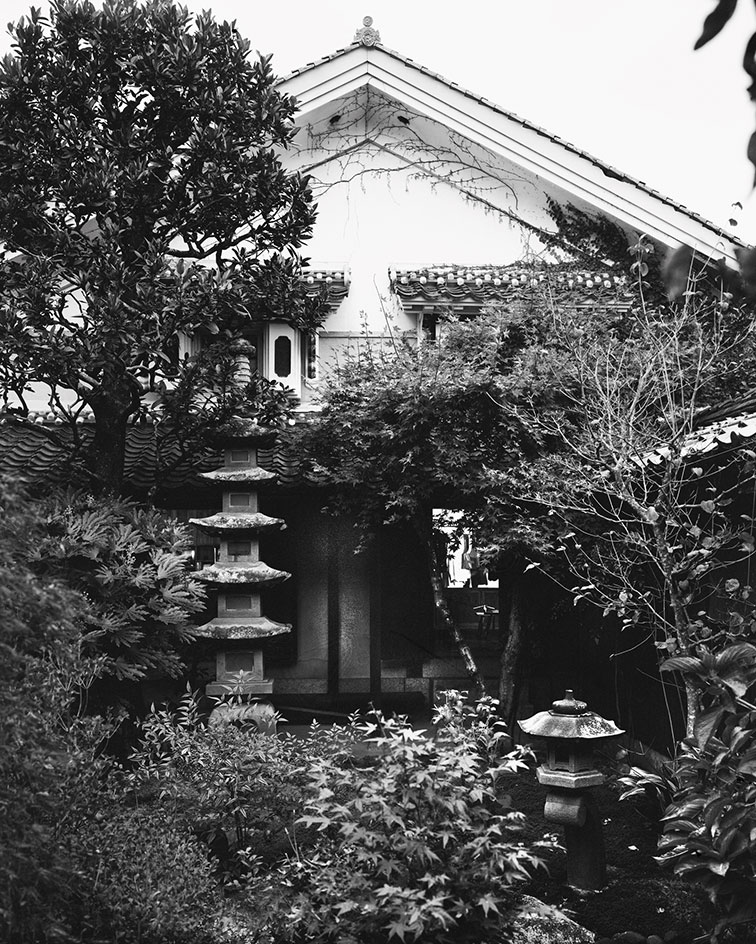
The Les Six shop and library is housed in a Taisho-era warehouse fronted by a Japanese garden
In a series of atmospheric shots, Ikemoto captured one-off and bespoke items, such as a tailored coach jacket with buttons crafted by a local silversmith, hand-forged iron hangers, and pieces of repurposed vintage kimono.
Les Six is also a celebration of traditional craft. ‘Look at this long wooden table made from a single slab of 900-year-old Yoshikawa cedar,’ says the designer. ‘According to my carpenter, the region’s lack of sun contributes to the density of the local wood as the trees take longer to grow. After years spent in London and New York surrounded by art and fashion people, I’m now learning something else. It’s so refreshing. There’s a surge of creative energy,’ adds Kawanishi, who also has a Les Six ready-to-wear line in the works.
Wallpaper* Newsletter
Receive our daily digest of inspiration, escapism and design stories from around the world direct to your inbox.
Minako Norimatsu is a Japanese journalist and consultant based in Paris. Extremely curious about everything creative, her field ranges from fashion to art, dance, hospitality and travel. She has interviewed many Japanese fashion designers and artists for Wallpaper*, as well as non-Japanese creatives whose inspirations are drawn from Japan.
-
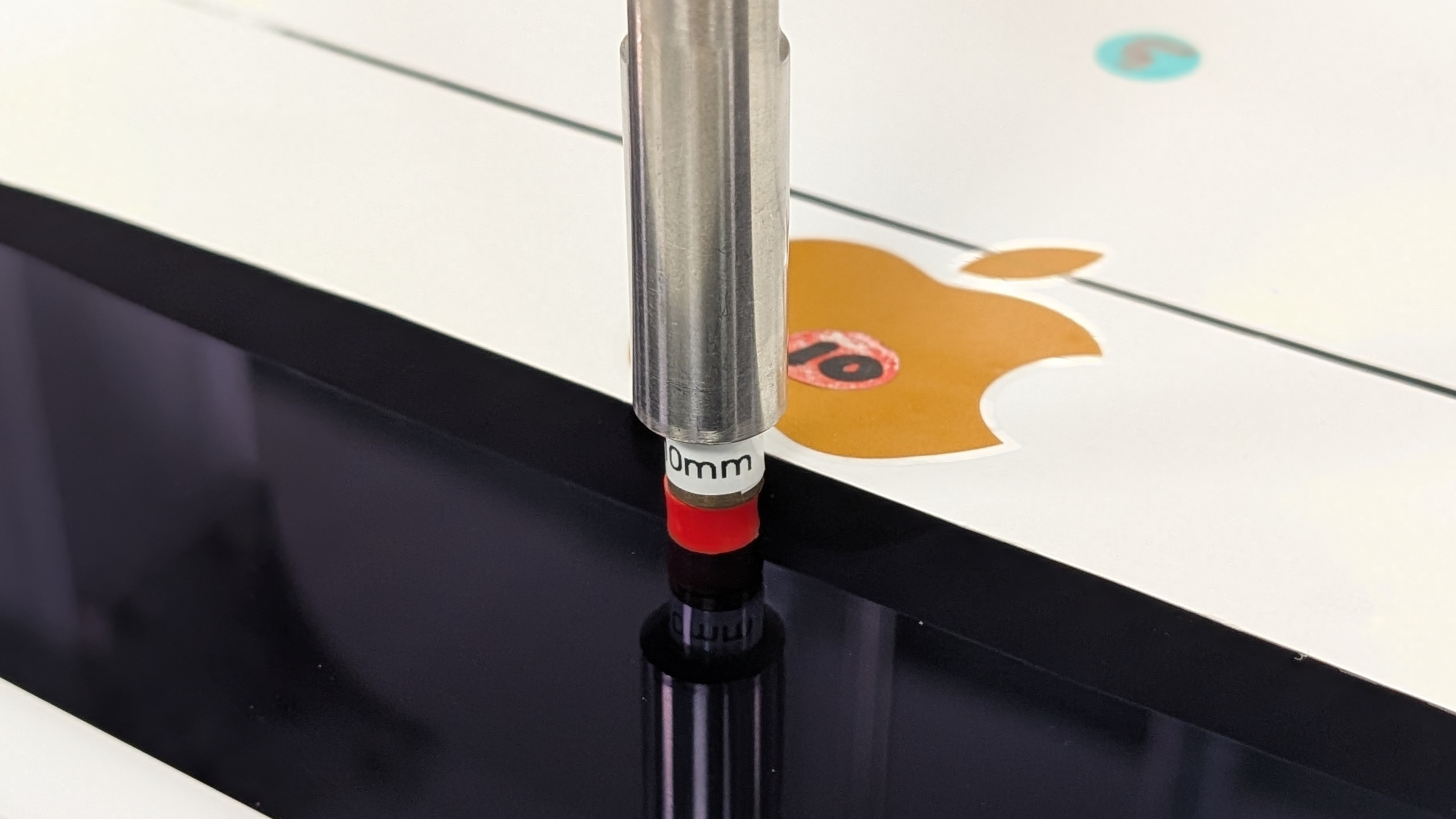 Under pressure: Apple applies skill, science and true grit to get the most out of its electronics
Under pressure: Apple applies skill, science and true grit to get the most out of its electronicsApple’s Cork HQ is home to a sophisticated R&D lab. Wallpaper* took a tour behind the scenes to see how longevity is baked in to new products
-
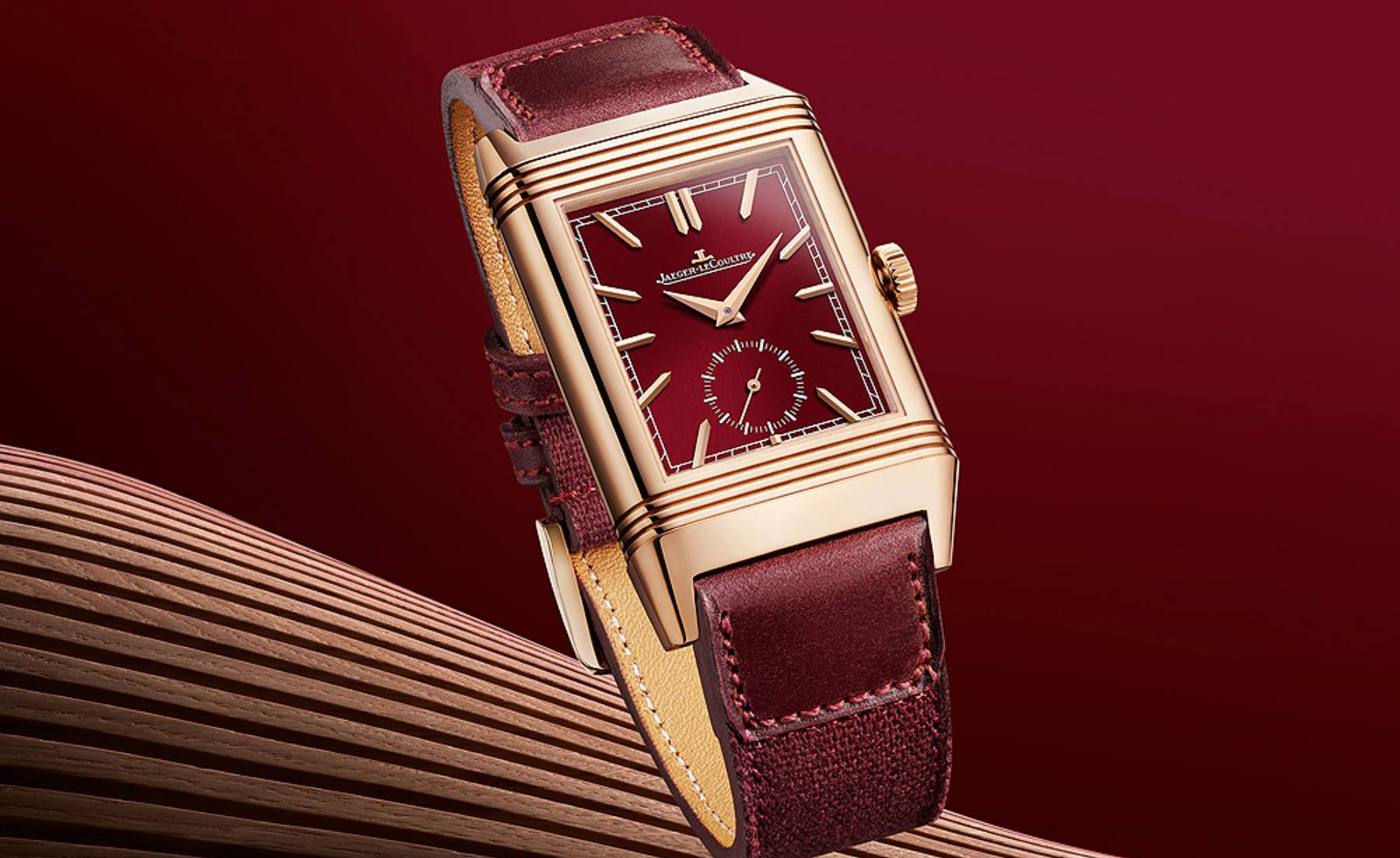 From dress to tool watches, discover chic red dials
From dress to tool watches, discover chic red dialsWatch brands from Cartier to Audemars Piguet are embracing a vibrant red dial. Here are the ones that have caught our eye.
-
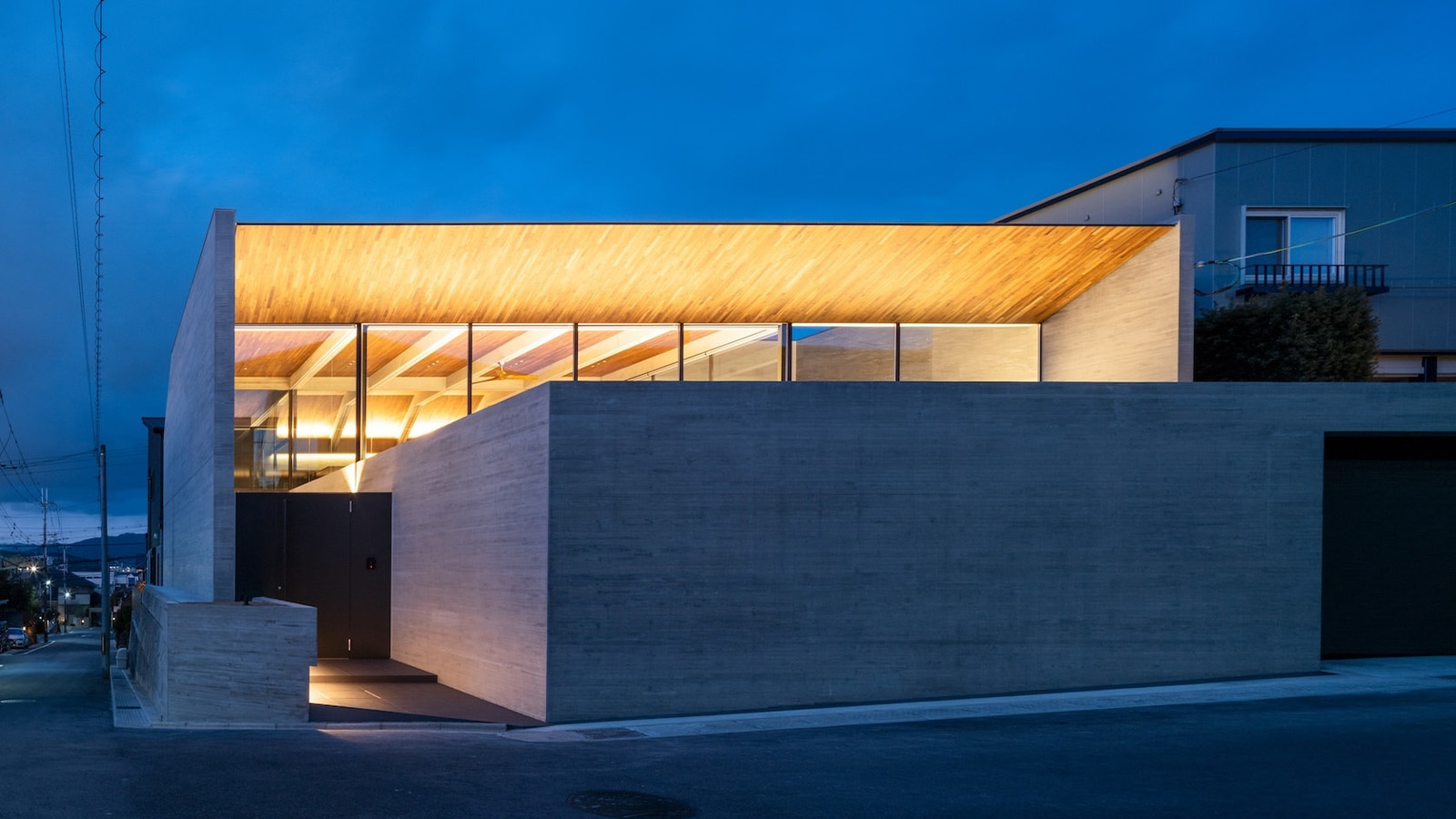 Behind a contemporary veil, this Kyoto house has tradition at its core
Behind a contemporary veil, this Kyoto house has tradition at its coreDesigned by Apollo Architects & Associates, a Kyoto house in Uji City is split into a series of courtyards, adding a sense of wellbeing to its residential environment
-
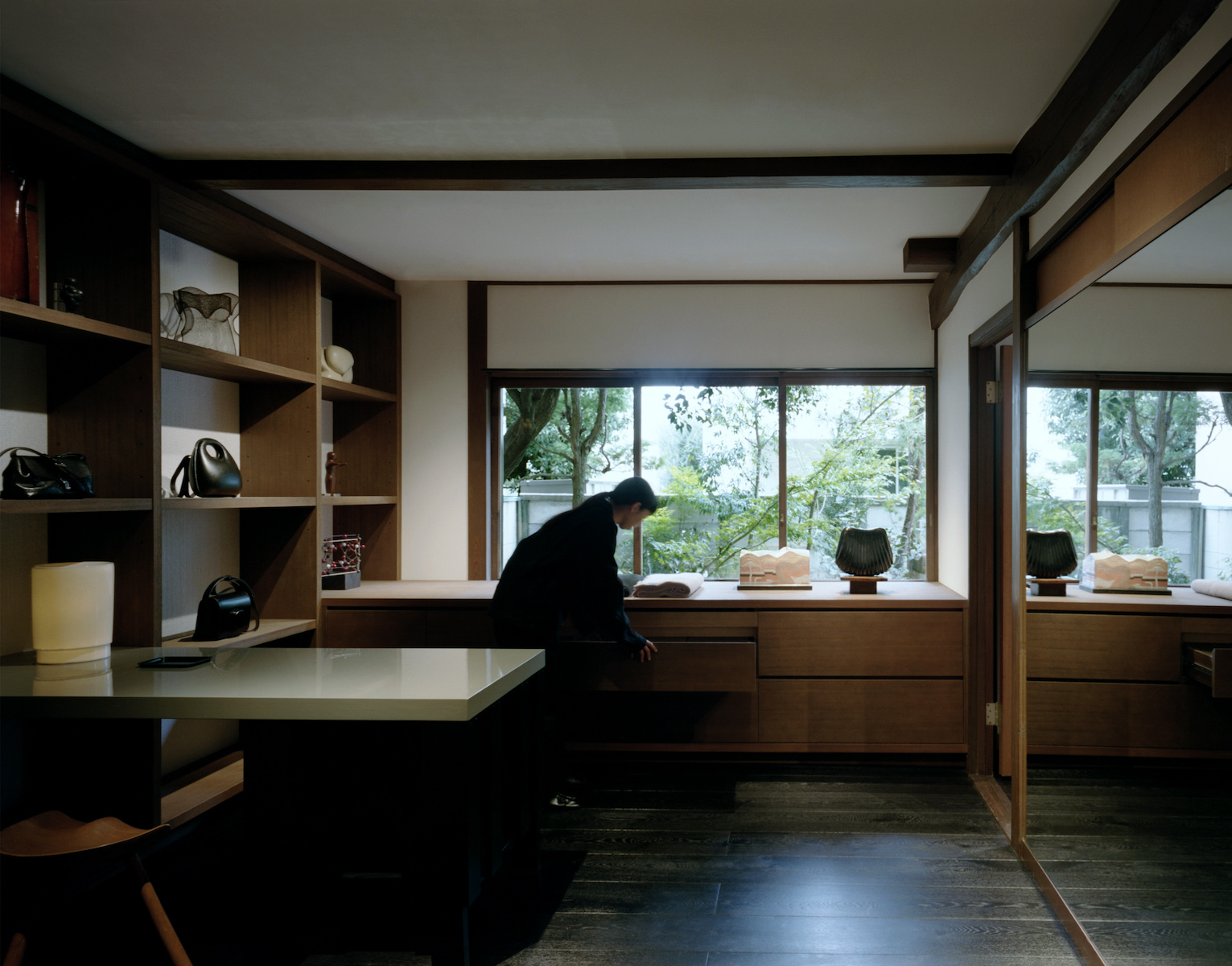 Tranquil and secluded, Lemaire’s new Tokyo flagship exudes a sense of home
Tranquil and secluded, Lemaire’s new Tokyo flagship exudes a sense of homeIn Tokyo’s Ebisu neighbourhood, Lemaire’s tranquil new store sees the French brand take over a former 1960s home. Co-artistic directors Christophe Lemaire and Sarah-Linh Tran tell Wallpaper* more
-
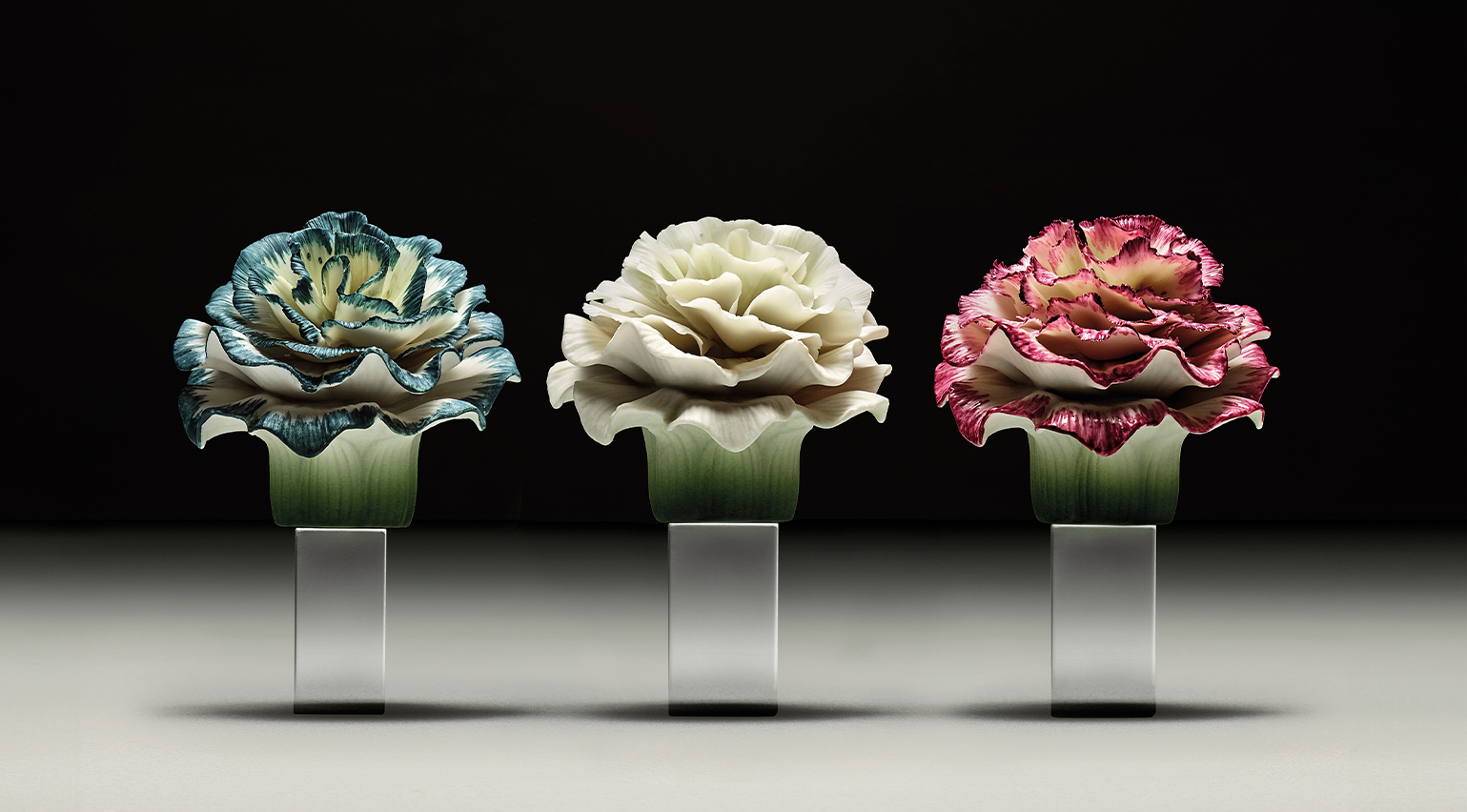 Inside the making of Loewe Perfumes’ porcelain bottle toppers, delicately crafted by Lladró
Inside the making of Loewe Perfumes’ porcelain bottle toppers, delicately crafted by LladróLoewe Perfumes’ limited edition flask toppers are crafted by Spanish porcelain company Lladró. Mary Cleary takes a look inside the making process, as featured in the October 2024 issue of Wallpaper*
-
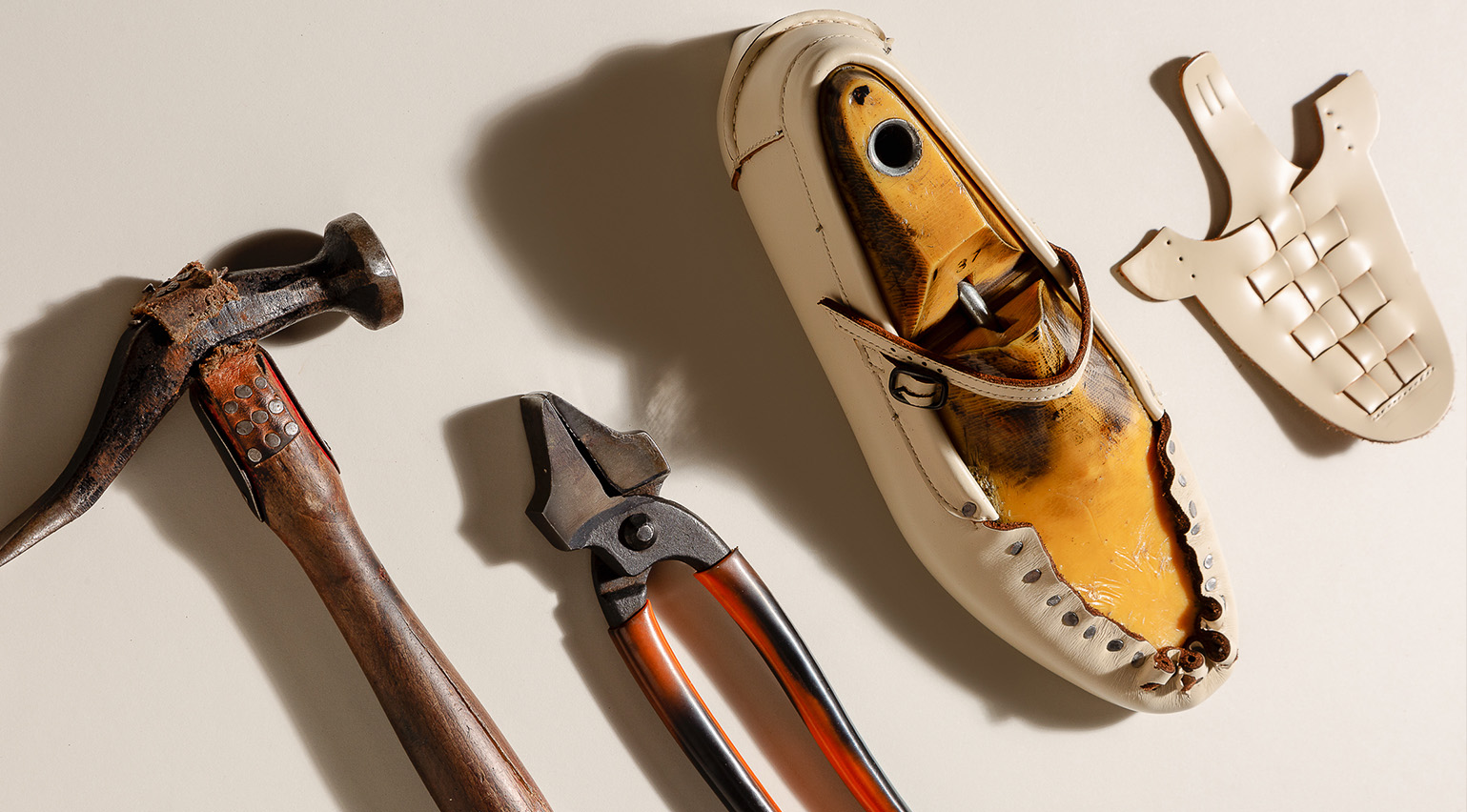 ‘There are no shortcuts’: Ten years of Hereu, the cult Spanish shoe brand where craft is front and centre
‘There are no shortcuts’: Ten years of Hereu, the cult Spanish shoe brand where craft is front and centreDal Chodha visits Barcelona-based shoe and accessory brand Hereu as it reaches a milestone decade in business
-
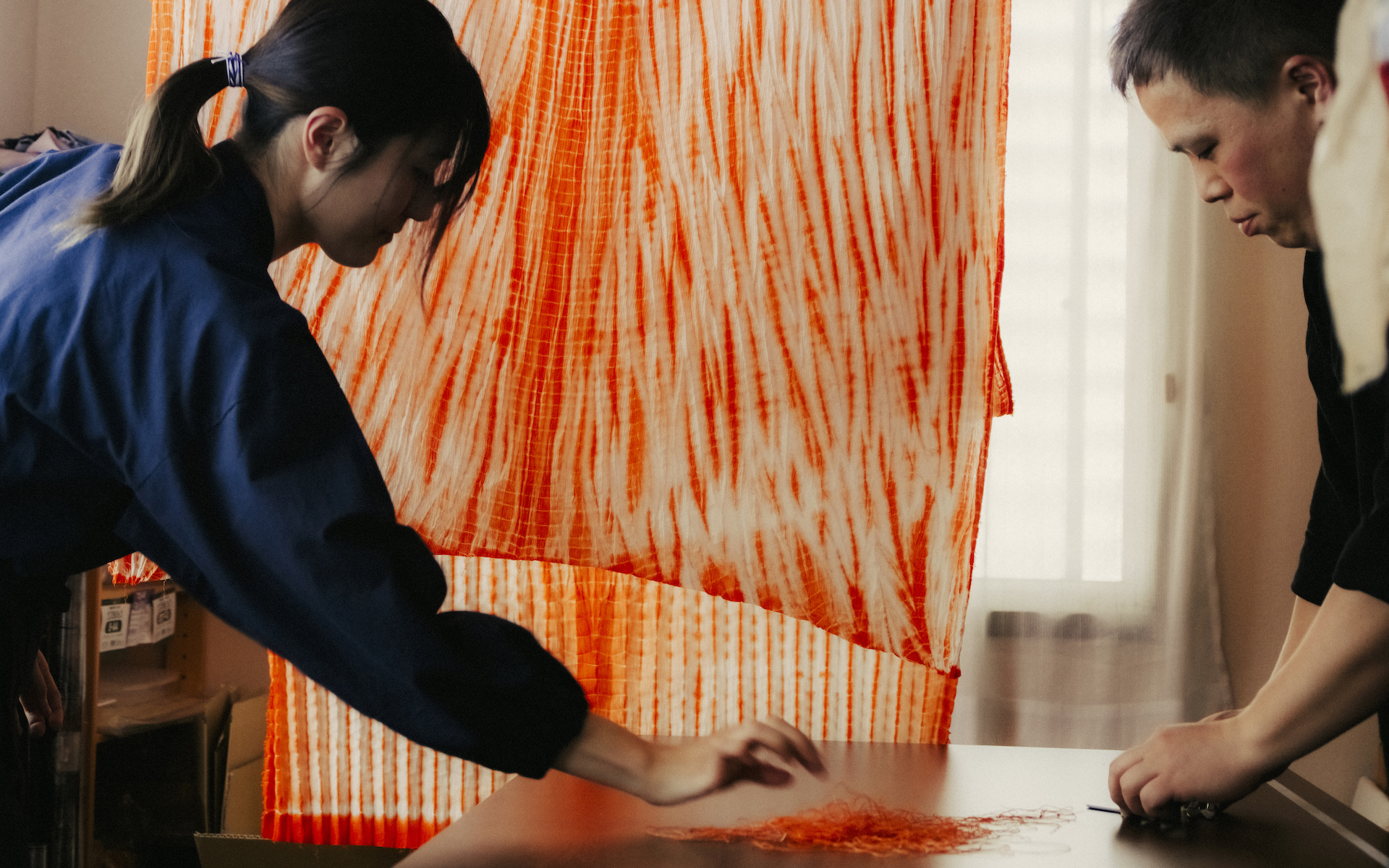 In Kyoto, COS celebrates the ancient art of shibori dyeing with a colour-soaked collection
In Kyoto, COS celebrates the ancient art of shibori dyeing with a colour-soaked collection‘We can’t take this type of craft for granted anymore,’ says COS design director Karin Gustafsson, who worked with Kyoto shibori artisan Kazuki Tabata on the airy summer collection. Wallpaper* heads to Japan’s former capital to find out more
-
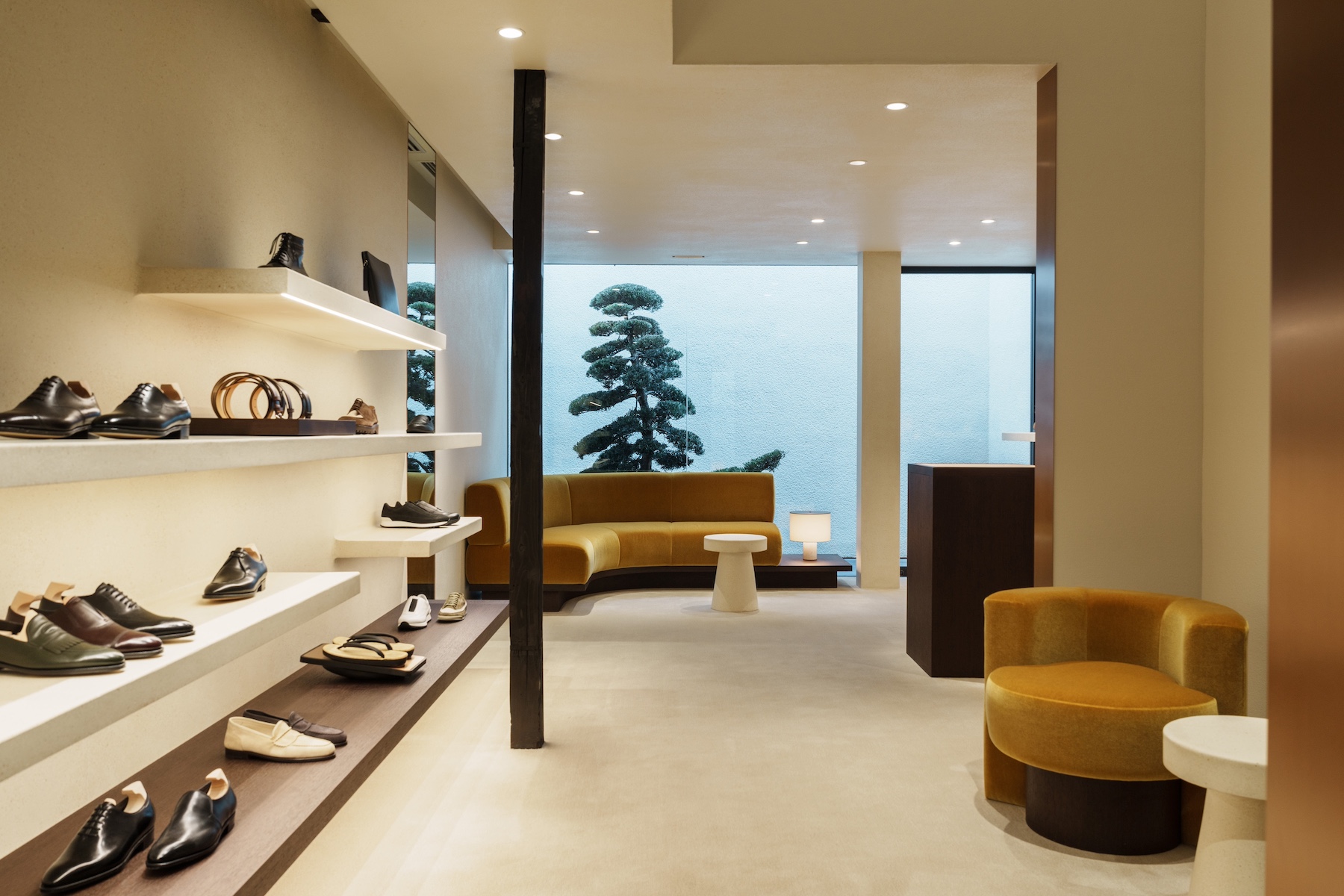 Inside John Lobb’s sumptuous new Kyoto store, housed in a traditional wooden ‘machiya’
Inside John Lobb’s sumptuous new Kyoto store, housed in a traditional wooden ‘machiya’John Lobb’s inviting new Teruhiro Yanagihara-designed Kyoto store is introduced with a series of images starring lauded Japanese director Hirokazu Kore-eda
-
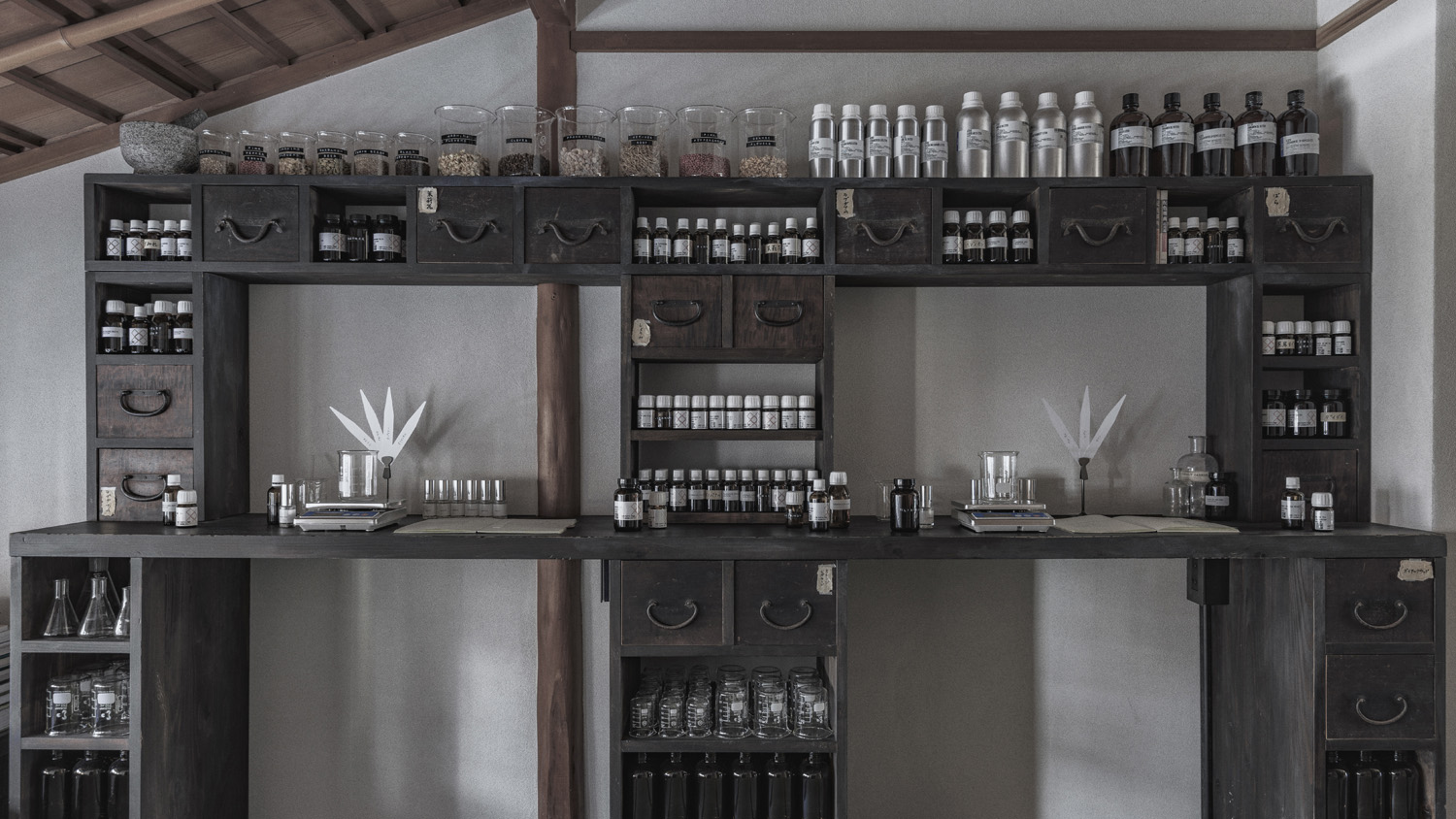 Le Labo’s Kyoto flagship blends wabi-sabi with the art of slow perfumery
Le Labo’s Kyoto flagship blends wabi-sabi with the art of slow perfumeryLe Labo has a new flagship in Kyoto’s Shimokorikicho, Nakagyo-ku neighbourhood, a celebration of Japanese heritage and craftsmanship
-
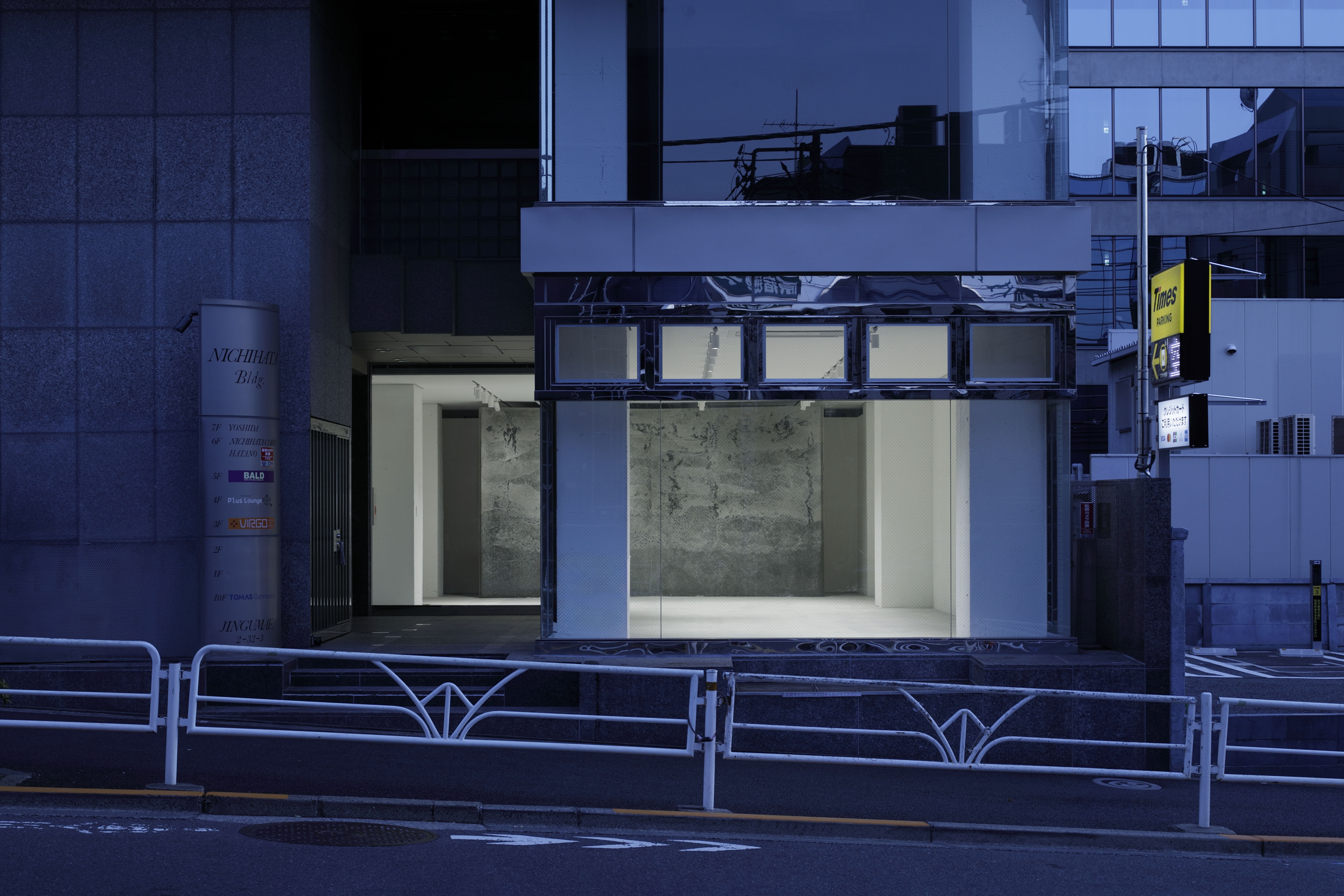 Kiko Kostadinov’s Tokyo outpost is a fashion store like no other
Kiko Kostadinov’s Tokyo outpost is a fashion store like no otherBulgaria-born designer Kiko Kostadinov tells Wallpaper* why he chose Tokyo to open his first store, which sets to ‘pervert the traditional mould’ and features collaborations with artists such as Ryan Trecartin
-
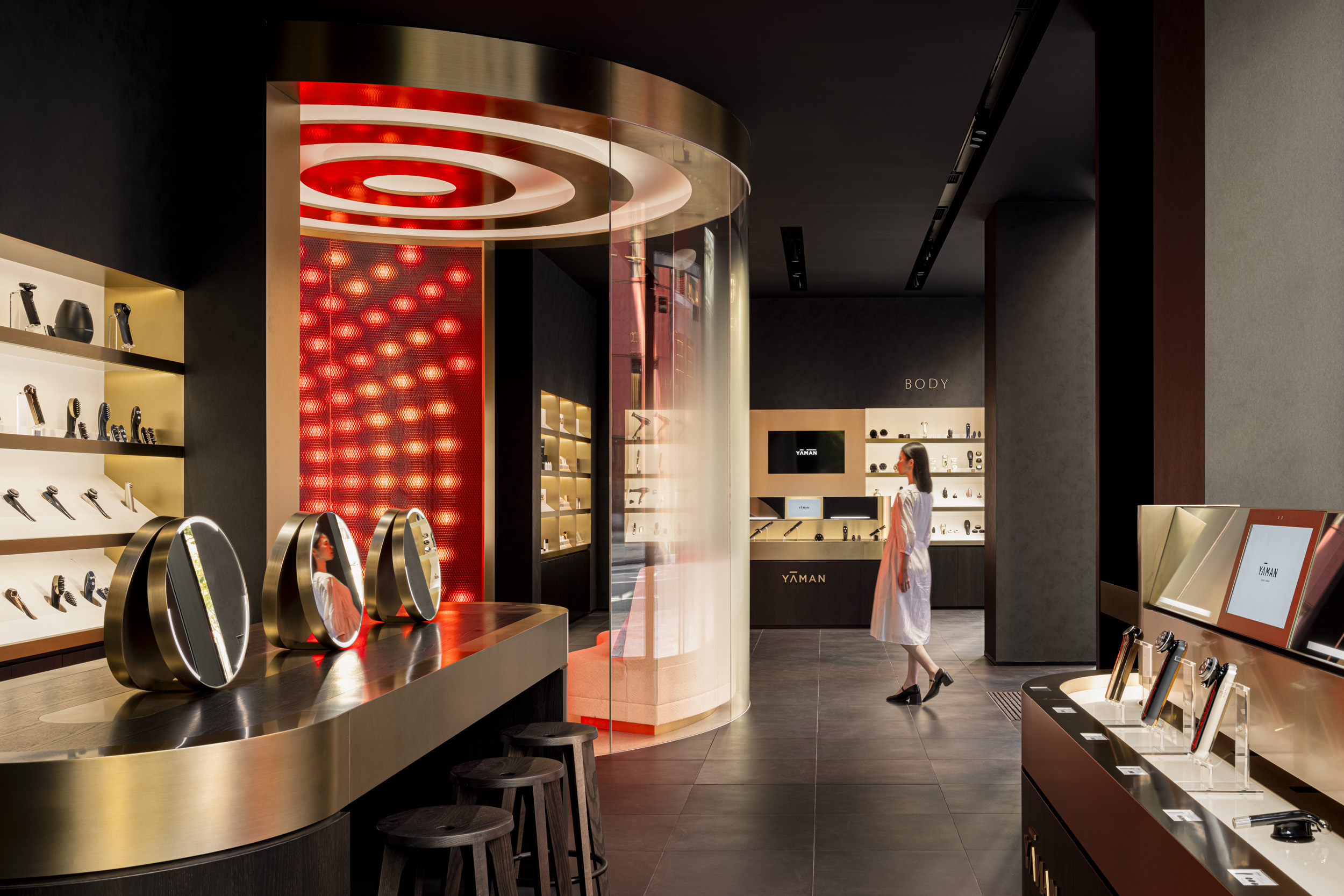 Ya-man’s Tokyo store is ‘an immersive, almost psychedelic experience’
Ya-man’s Tokyo store is ‘an immersive, almost psychedelic experience’Ya-man, the Japanese beauty brand known for its tech-focused devices and gadgets, opens an otherworldly HQ in Ginza, Tokyo